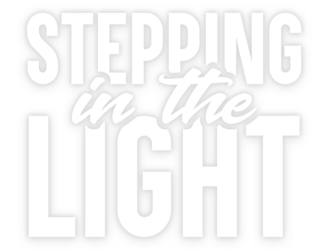“Nevertheless I tell you the truth; It is expedient for you that I go away: for if I go not away, the Comforter will not come unto you; but if I depart, I will send him unto you. And when he is come, he will reprove the world of sin, and of righteousness, and of judgment: Of sin, because they believe not on me; Of righteousness, because I go to my Father, and ye see me no more; Of judgment, because the prince of this world is judged.” John 16:7-11
Jesus told His disciples that it would be a good thing for them if He went away. Of course, He was speaking of the fact that He was going to die on the cross, be buried, rise from the dead, and ascend into heaven. After He did this, they would not see Him anymore. They would not have the advantage of hearing Him teach and asking Him questions. Their loss would certainly be great, but Jesus taught them that what they would gain would be greater than what they would lose. When Jesus said that He would send a Comforter to them, He was speaking of the Holy Spirit. The disciples spent time with Jesus most every day, but they were not able to be with Him every moment of every day. Sometimes Jesus left them alone or sent them away to run an errand or even to travel and preach the message of the kingdom. Even when they were with Jesus, not every disciple could ask Jesus a question at that same time; but after Jesus ascended to heaven, the Holy Spirit came to dwell within each believer. He is with us every second of every day. He is there to empower us and guide us as we serve God today!
Morning: II Chronicles 25-27
Evening: John 16

